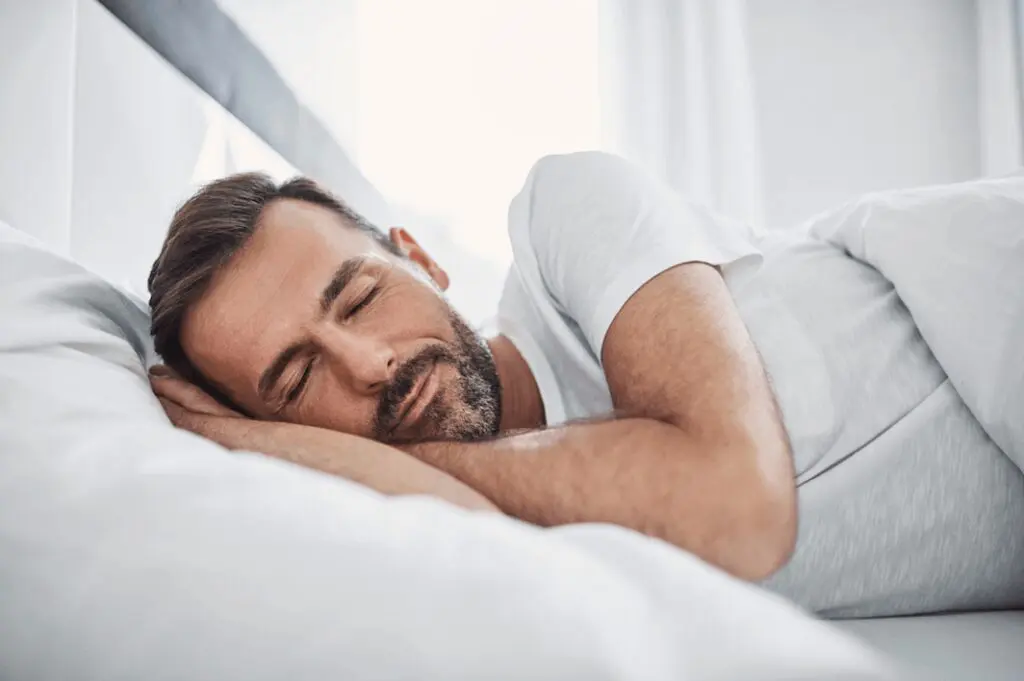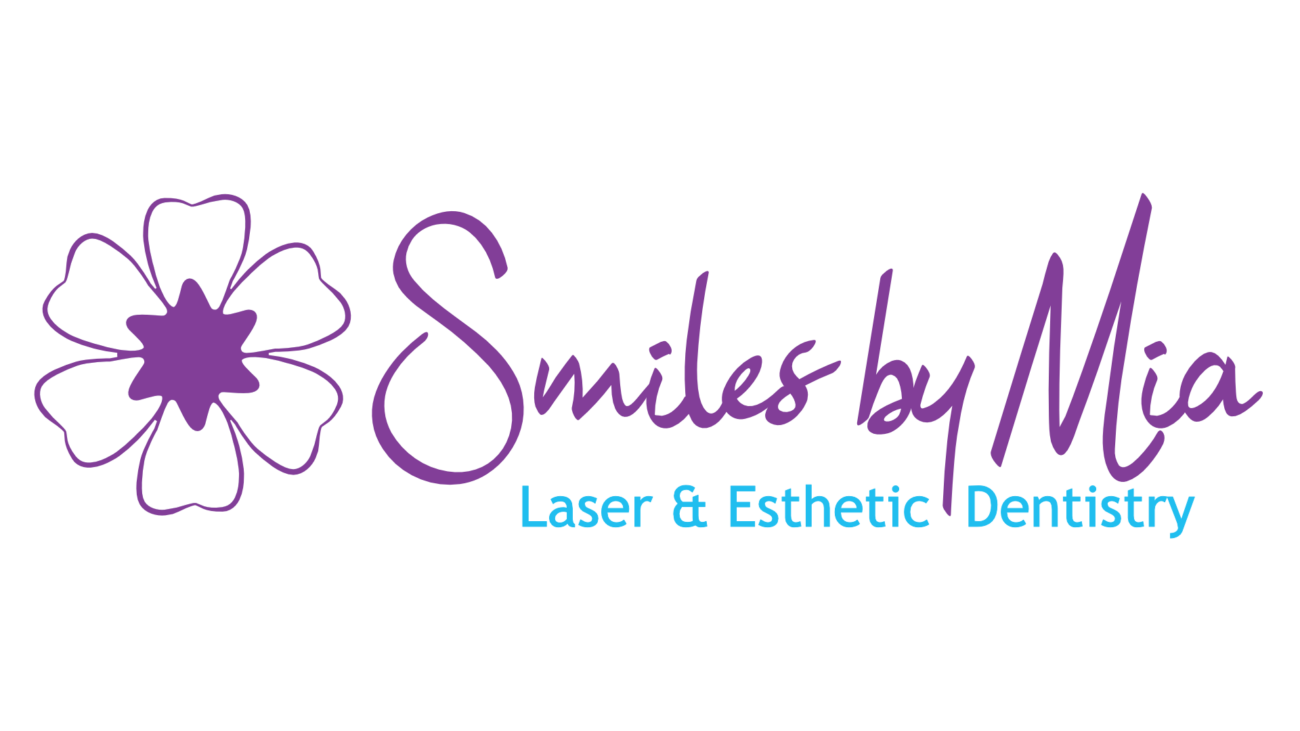Do you or your partner snore? Snoring is not only irritating but also a common sign of sleep apnea. Although not every patient who snores has sleep apnea, it can indicate a bigger problem. Obstructive sleep apnea (OSA) occurs when the soft tissues in the back of the mouth collapse, obstructing the airway. Over time, sleep apnea disrupts regular breathing during sleep and can lead to heart problems like heart disease, strokes, and even heart attacks. At Smiles by Mia, we want to help patients prevent further health issues with sleep apnea treatment in our FBurke, VA office.

Signs of Sleep Apnea
Look out for these common symptoms of sleep apnea:
- Snoring
- Daytime fatigue and sleepiness
- Waking up with dry mouth
- Morning headaches
- Gasping for breath during sleep
- Difficulty staying asleep
Contact our office if you or a loved one have noticed these symptoms. Sleep apnea can worsen over time and increase the likelihood of developing heart problems. Additionally, patients who are male, over forty, overweight, or diabetic are more prone to sleep apnea.
Treating Sleep Apnea in Burke, VA
NightLase® therapy offers a non-invasive, safe option for patients with sleep apnea. This treatment uses a dental laser to apply heat to the soft mouth tissues in the back of the mouth. The laser tightens the tissue to open up the airway and lessen the effects of sleep apnea. Patients can receive full treatment with NightLase during three 20-minute sessions over six weeks.
Other benefits of NightLase include:
- No post-op pain or discomfort
- Quick and safe treatment
- Immediate results
- No anesthesia required
After treatment, patients can experience less snoring and better sleep. We recommend NightLase for patients with mild to moderate sleep apnea symptoms. Patients can use NightLase and oral appliances to treat their sleep apnea.
Treat Sleep Apnea Today
Do you or a loved one have sleep apnea symptoms? Call Smiles by Mia at (571) 789-1265. You can also schedule a dental appointment with us on our website. Please let us know at your next visit if you have questions about sleep apnea treatment or your current symptoms.
